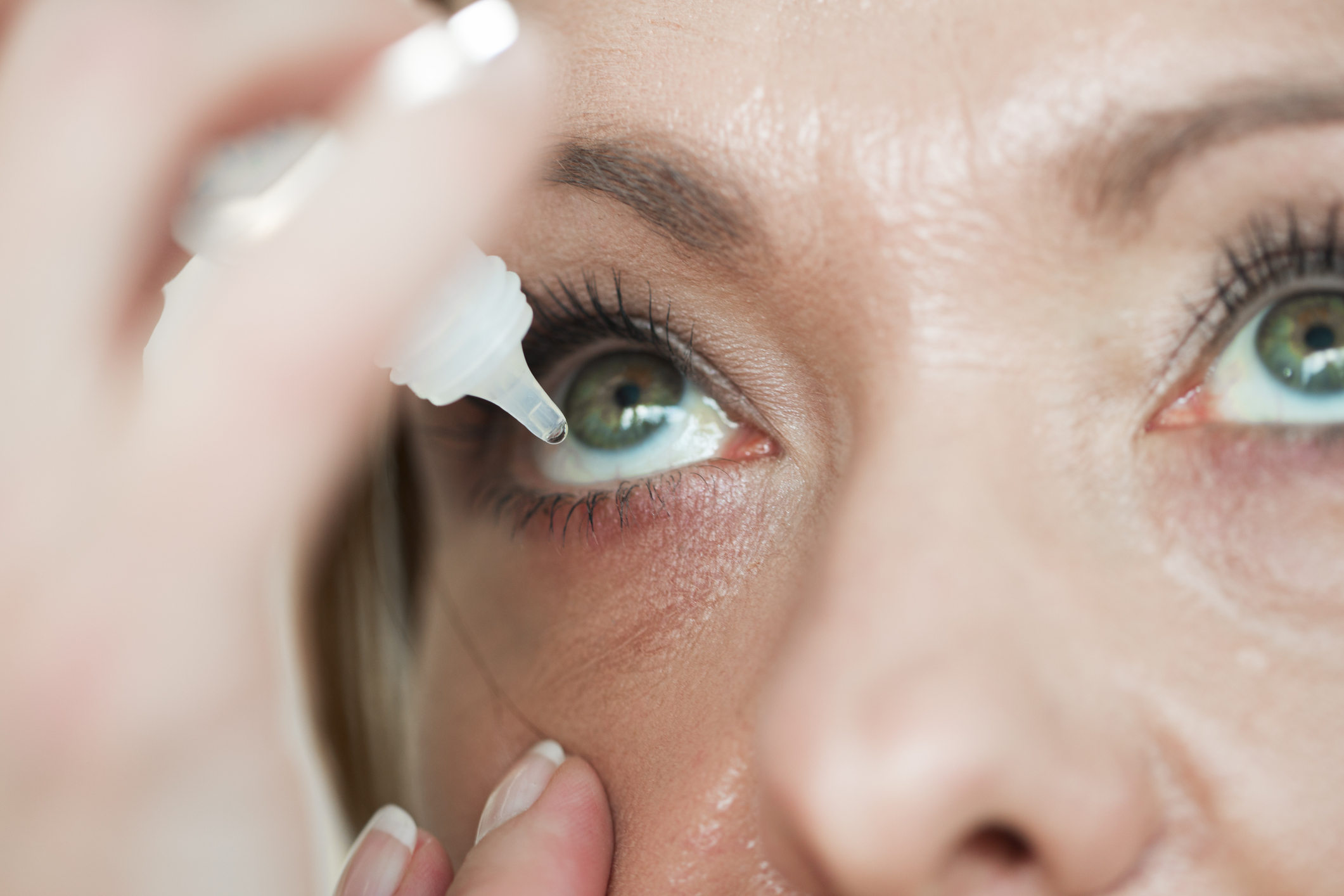All Categories
Featured

While most people understand the value of securing their skin from the sunlight, the damaging effects of ultraviolet (UV) rays on eye wellness frequently go forgotten. Whether you're soaking up the sunlight on a summer season day or walking outdoors on a gloomy mid-day, guarding your eyes from UV rays is crucial.
What Are UV Rays? UV rays are a kind of electromagnetic radiation emitted by the sun. They are classified right into 3 kinds:
UVA Rays: These penetrate deep into the skin and eyes and can add to lasting damage. UVB Rays: These rays are a lot more intense than UVA and are primarily in charge of surface-level damage to the eyes and skin. UVC Rays: These are one of the most harmful yet are mostly soaked up by the Planet's ozone layer and do not commonly reach us. UVA and UVB rays are the primary culprits behind eye-related damage.
Short-Term Effects of UV Exposure on the Eyes. Also temporary direct exposure to extreme UV rays can damage your eyes. One typical condition brought on by this is photokeratitis, or "sunburn of the eye." Signs of photokeratitis consist of:
Agonizing, red eyes. Sensitivity to light. Tearing or too much watering. Momentary vision loss or blurred vision. Photokeratitis is typically momentary, however it offers as a caution of just how destructive UV exposure can be, even in little dosages.
Long-Term Impacts of UV Direct Exposure. Prolonged direct exposure to UV radiation can cause a lot more significant and permanent eye conditions, such as:
Cataracts: UV rays can accelerate the formation of cataracts, a condition that triggers clouding of the eye's all-natural lens, leading to blurred vision and, if without treatment, blindness.

Macular Degeneration: UV direct exposure can damage the retina, especially the macula, raising the threat of age-related macular degeneration (AMD), which impacts main vision.
Pterygium: A development of tissue on the white part of the eye that can prolong over the cornea, creating discomfort, soreness, and vision issues.
Pinguecula: UV direct exposure can create yellowish down payments to form on the conjunctiva, causing inflammation and dryness.
Skin Cancer Around the Eyes: The delicate skin bordering your eyes is extremely prone to UV radiation, increasing the danger of skin cancers like basic cell cancer and squamous cell cancer.
How to Secure Your Eyes from UV Rays. Securing your eyes from UV rays is straightforward and requires a couple of mindful practices:
Spend in High Quality Shades: Select sunglasses that obstruct 100% of UVA and UVB rays. Search for labels that define "UV 400" protection. Wrap-around designs are excellent as they obstruct UV rays from the sides too.
Put On a Wide-Brimmed Hat: A hat with a border at the very least three inches vast can considerably minimize UV direct exposure to your eyes and face.
Restriction Exposure During Height Hours: UV rays are toughest in between 10 a.m. and 4 p.m. If you must be outdoors throughout these hours, see to it you're effectively secured.
Don't Be Tricked by Clouds: UV rays can permeate through clouds, so it is necessary to use sunglasses also on overcast days.
Safeguard Your Eyes Year-Round: Snow, sand, and water can show UV rays, increasing their effects. Eye protection isn't just for warm summer season days-- ensure you're covered in all periods.
Usage UV-Blocking Contact Lenses: Numerous call lenses now include UV protection. If you use calls, ask your ophthalmologist concerning lenses with built-in UV filters for included protection.
Encourage Eye Security for Children: Kid's eyes are a lot more conscious UV rays because their lenses are more clear, permitting even more radiation to get to the retina. See to it they put on sunglasses and hats during exterior tasks.
Normal Eye Exams. Regular exams with an eye treatment professional are crucial for early discovery of any kind of UV-related damage. An eye doctor or eye doctor can review your eyes, suggest protective actions, and find problems like cataracts or macular deterioration early on.
Final thought. By wearing UV-blocking sunglasses, restricting sunlight exposure throughout optimal hours, and remaining consistent with eye tests, you can ensure your eyes remain healthy and balanced and your vision remains clear for years to come. Protecting your eyes from UV radiation isn't just regarding convenience-- it's an essential action in preserving your long-term eye health.
Latest Posts
How Consistent Vehicle Maintenance at Montclare Auto Repair Reduces Costs
Uncover Montclare Auto Repair’s Most Popular Services and Why Drivers Trust Them
Discover Why Chicago Drivers Prefer Montclare Auto Repair for Trusted Service and Great Savings
More
Latest Posts
How Consistent Vehicle Maintenance at Montclare Auto Repair Reduces Costs
Uncover Montclare Auto Repair’s Most Popular Services and Why Drivers Trust Them
Discover Why Chicago Drivers Prefer Montclare Auto Repair for Trusted Service and Great Savings